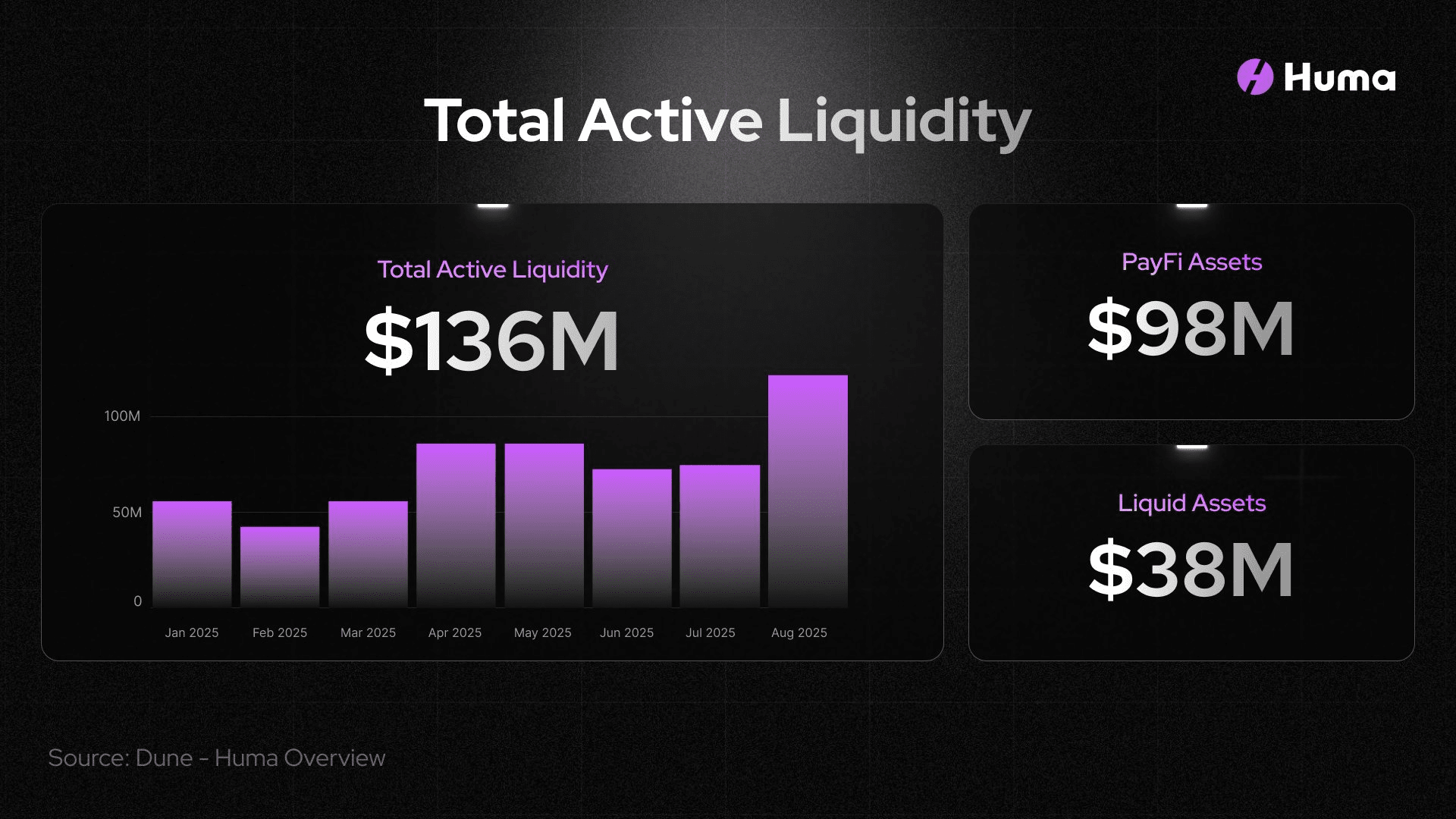$HUMA Many people talk about DeFi and feel that the barriers are high, and ordinary people can only watch the excitement from the sidelines. But I have always believed that truly valuable innovation should be able to integrate with real-world economic activities, rather than just remain a 'digital game' on the blockchain. That is why I pay special attention to @Huma Finance 🟣 because it has not simply tied credit to digital assets but has directly addressed 'income,' which is the most real economic variable.
In traditional finance, the logic of bank lending is mostly based on 'how much collateral you have.' But the problem is that many young people, freelancers, and small businesses may not have real estate or large deposits, yet they have stable income streams. This group of people has been overlooked in the past, and the emergence of #humaFinance just happens to unleash the potential of this demographic.
Its logic is very simple: use income flow as a credit anchor. For example, if you receive a stable salary every month or have a continuous contract receivable, these can serve as the basis for your financing on the blockchain. This not only lowers the barriers but also transforms 'future cash flow' into a resource that is available today. The imaginative space here is actually quite large because it changes the underlying logic of DeFi.
I think the most wonderful part is that @humafinance is not just creating a lending protocol, but building a whole new credit ecosystem. As more data sources are integrated, such as corporate payments, freelance settlements, and even DAO member dividends, the entire ecosystem will continue to expand. By then, #humaFinance will not just be a part of DeFi; it could become the infrastructure for global 'income financialization.'
Of course, this also means that the new risk management model needs to keep up. After all, income is different from static assets; it has volatility and uncertainty. However, from a financial engineering perspective, this dynamically adjusted credit limit can actually make the system more flexible and more aligned with the realities of economic operations. Just like traditional banks look at cash flow rather than just collateral, #humaFinance is transplanting this logic onto the blockchain.
I personally feel that this is the true value of $HUMA . It is not just a token; it carries the experiment of income financialization. @Huma Finance 🟣 maps future cash flows into today's financial products, which is a very cutting-edge exploration. The role of $HUMA here is more like the core tool that drives the operation of the entire ecosystem.
From this perspective,#humaFinance  it may become a long-term financial infrastructure, rather than a fleeting trend.
it may become a long-term financial infrastructure, rather than a fleeting trend.



